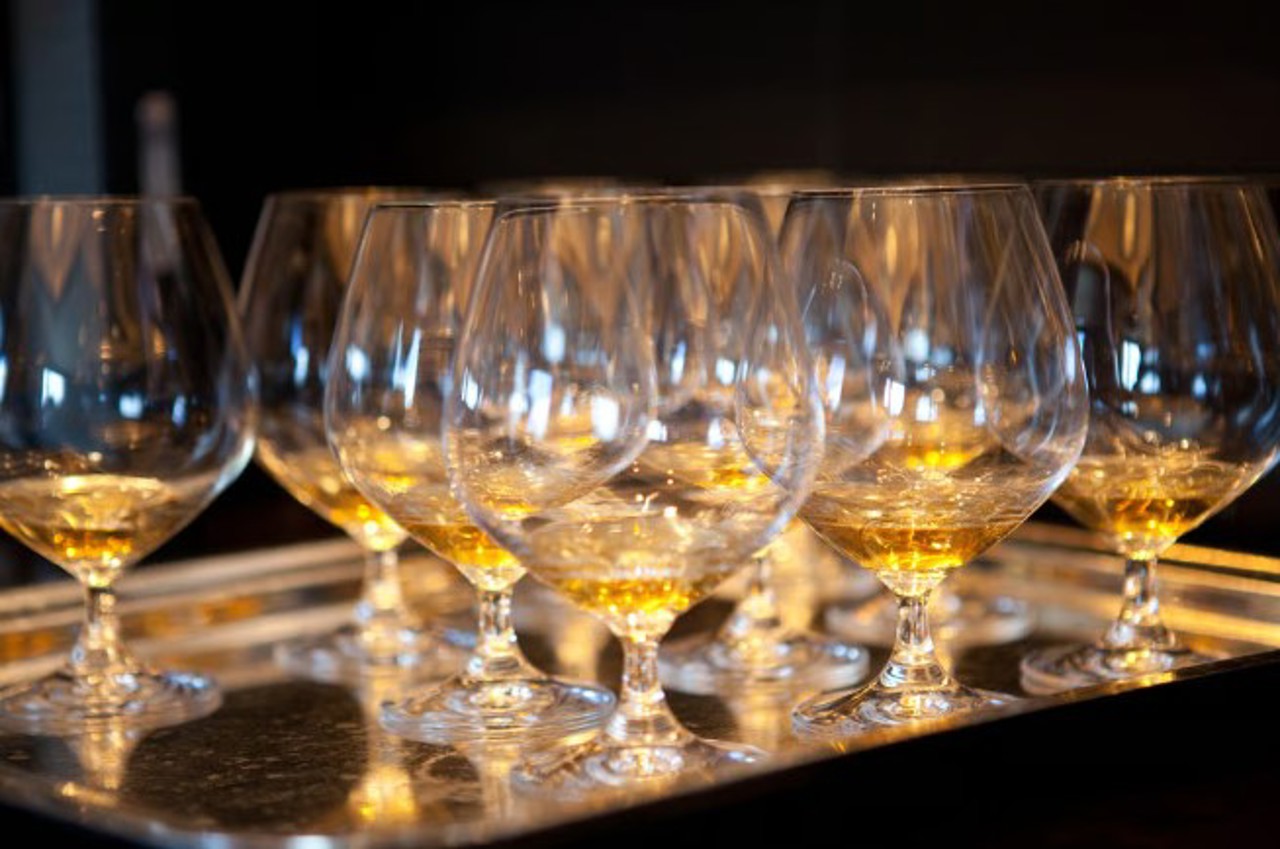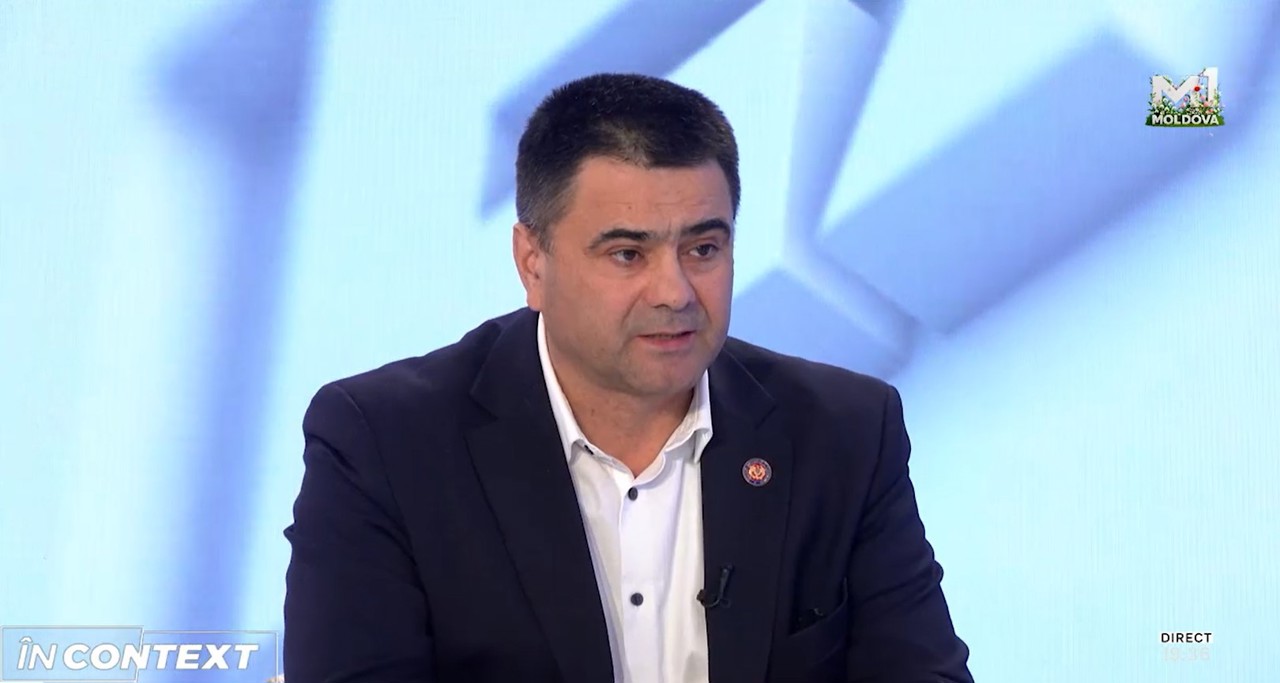China spares EU cognac from tariffs amid electric vehicle talks
China will not impose provisional anti-dumping measures on Cognac imported from the European Union
Beijing's response follows its earlier threat to investigate the trade practices of certain dairy products from the European Union, particularly cheeses, milk, and cream.

This action was triggered by previous European announcements. In January, Beijing responded by launching investigations into French cognac and certain pork products and filing a complaint with the World Trade Organization (WTO). Despite the heavy subsidies in European agriculture, Brussels claims it remains compliant with WTO regulations.
This decision by the People’s Republic could be seen as a strategic move to persuade the EU to lower tariffs on electric vehicles manufactured in China. Consequently, on Thursday, August 29, China announced it would not impose temporary anti-dumping measures on cognac imported from the EU, despite an investigation concluding that the EU engaged in dumping practices.
The Chinese Ministry of Commerce stated that EU spirit sellers had sold wine-based spirits in the Chinese market—comprising 1.4 billion consumers—at margins ranging between 30.6% and 39%, thereby affecting the domestic market.
China has pressured the twenty-seven EU member states to reject the European Commission’s proposal for additional customs duties of up to 36.3% on electric vehicles produced in China. As a result, the decision not to impose additional customs duties on cognac may be interpreted as a tactic by China to encourage the EU to reconsider its stance on tariffs for electric vehicles.
Cautious Approach Toward China
Shares of French spirit producers Rémy Cointreau and Pernod Ricard rose by approximately 8% following this announcement from Beijing. When asked about the development, Alexandre Ricard, President and CEO of the French firm Pernod Ricard, declined to comment in detail but noted that the group maintained a "cautious" attitude towards China.
In addition to wine-based spirits, Beijing has recently initiated anti-competitive investigations into dairy products and pork from the EU. The investigation into dairy products was launched last week, the day after Brussels unveiled its new tariff plan on electric vehicles produced in China.
It remains to be seen whether Beijing’s charm offensive toward Europe, particularly France, will be effective. The current European Commissioner for the Internal Market, Thierry Breton, is French, and it is highly likely that he will continue to serve in the next Commission.
However, this conflict cannot persist indefinitely. It serves as a test for China, which is grappling with overcapacity in several sectors. It also represents a challenge for Europe, which has committed to ending the sale of combustion engine vehicles by 2035. A protectionist closure of the affordable electric vehicle market, including through the imposition of substantial taxes on Chinese vehicles, would likely hinder this transition.
Author: Dan Alexe
Translation by Iurie Tataru





